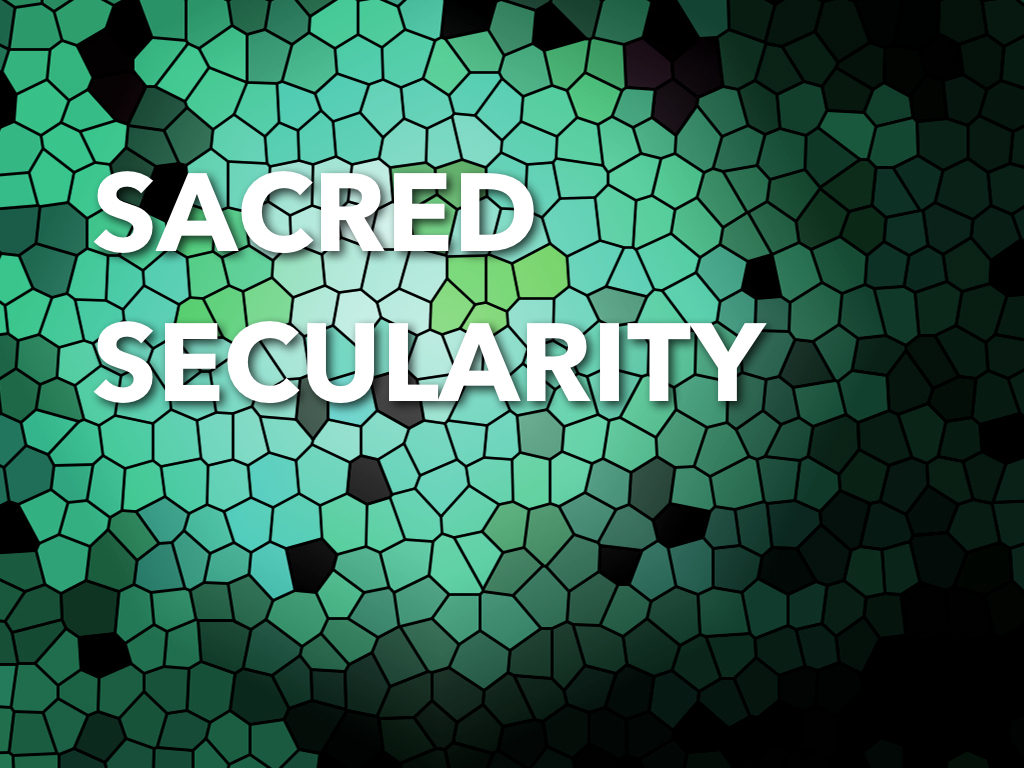Category Archives: Worldview
GEOGRAPHY OF NOWHERE
The great suburban build-out is over….We shall have to live with its consequences for a long time. The chief consequence is that the living arrangement most Americans think of as “normal” is bankrupting us both personally and at every level of government…A further consequence is that two generations have grown up and matured in America without experiencing what it is like to live in a human habitat of quality. We have lost so much culture in the sense of how to build things well. Bodies of knowledge and sets of skills that took centuries to develop were tossed into the garbage, and we will not get them back easily. The culture of architecture was lost to Modernism and its dogmas. The culture of town planning was handed over to lawyers and bureaucrats, with pockets of resistance mopped up by the automobile, highway, and real estate interests.
You might say the overall consequence is that we have lost our sense of consequence. Living in places where nothing is connected properly, we have forgotten that connections are important.
Howard Kunstler, The Geography of Nowhere: The Rise and Decline of America’s Man-Made Landscape (New York: Simon & Schuster, 1993), 245-46.
HT: Patrick Schreiner at Ad Fontes
THE WORLDVIEW THAT MAKES THE UNDERCLASS
MAKING A GENIUS MORE ACCESSIBLE
Instead of doing a typical book review, let me briefly mention six things I appreciated about this book:
*The writing style is elegant and engaging. Let me give one example from page 11: “Ardor and devotion cannot undo the shift in plausibility structures that characterizes our age.” This is wonderfully conceived, but it is also pregnant with implications.
*There is a judicious use of illustrations from literature, music, and movies.
*Since I am not a dispassionate reader on the subject of doubt (I know the struggle to believe firsthand), I am grateful for the insights on living in this unusual climate of secularism.
*The author is careful to understand his subject matter. A good example is the compassionate assessment of the troubled genius, David Foster Wallace. Smith does not offer a glib critique of Wallace’s writings. Wallace is looked at seriously, even one could say, sympathetically. To be sure, Smith does not agree with Wallace’s overall philosophy, but Smith does a good job of showing how others have missed salient features of Wallace’s approach.
*Smith clearly appreciates Charles Taylor’s overall project in A Secular Age. However, that does not impede Smith from offering important pushbacks and critiques.
*Both Smith and Taylor understand that a silly, sentimental, and Sunday School-ish type of faith is hardly enough to stave off the onslaughts of secularism. Smith does a good job of showing how foolish it is to abandon the Christian faith for the “mature” position of materialism. Rather, we ought to abandon the trivial or superficial beliefs of American Christianity.
MISINFORMATION, DISINFORMATION, AND INFORMATION

Misinformation is bad information which is spread unintentionally.
Disinformation is bad information which is spread intentionally.
Information is usually understood as various “facts” or in other words, that which is true.
However, not all information is created equally.
How do you know when the information you are receiving is important? It takes loads of discernment in an age where there is an explosion of information, like this little lesson on information!
A CLEAR AND PRESENT DANGER…
From Al Mohler’s address at Brigham Young: “More recently, Taylor has written the greatest work yet completed on the secular reality of our times. In A Secular Age, he describes three successive sets of intellectual conditions. In the first, associated with the Premodern Age of antiquity and the medieval synthesis, it wasimpossible not to believe. There was simply no intellectual alternative to theism in the West. There was no alternative set of explanations for the world and its operations, or for moral order. All that changed with the arrival of modernity. In the Modern Age it became possible not to believe. A secular alternative to Christian theism emerged as a real choice. As a matter of fact, choice now ruled the intellectual field. As Peter Berger famously observed decades ago, this is the “heretical imperative,” the imperative to choose. The third set of intellectual conditions is identified with late modernity and our own intellectual epoch. For most people living in the context of self-conscious late modernity, it is now impossible to believe.”
The rest is here: http://www.albertmohler.com/2013/10/21/a-clear-and-present-danger-religious-liberty-marriage-and-the-family-in-the-late-modern-age-an-address-at-brigham-young-university/
HT: Denny Burk


